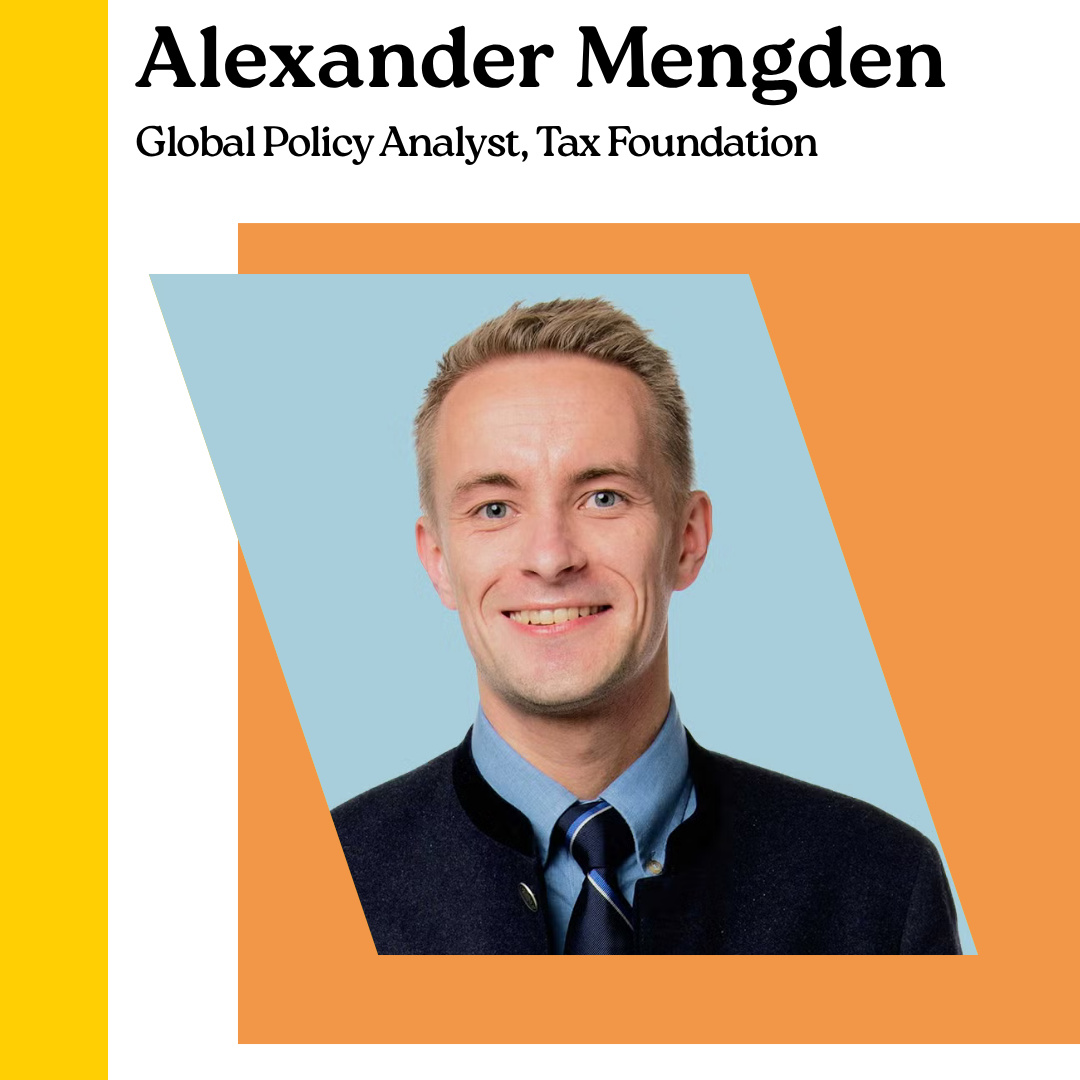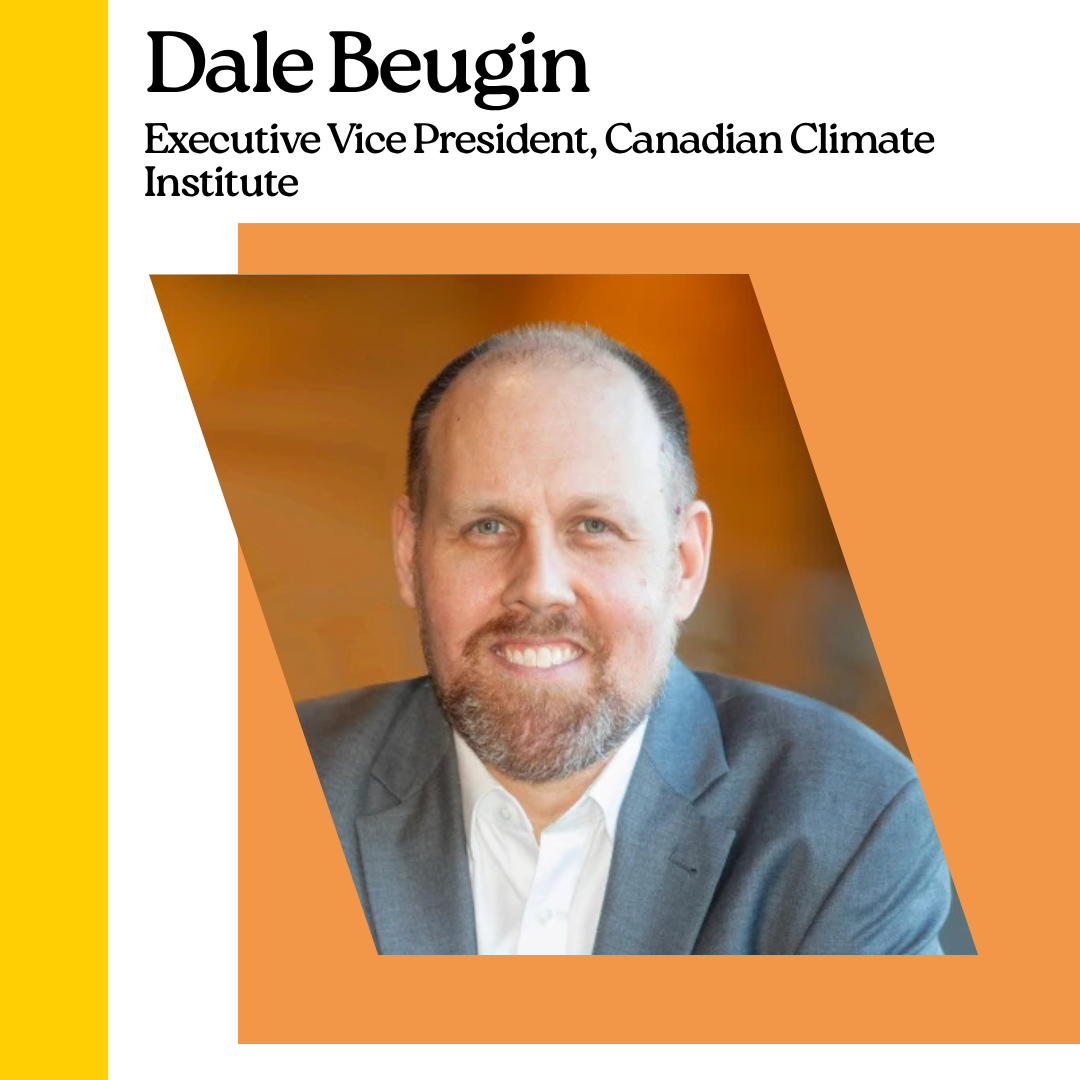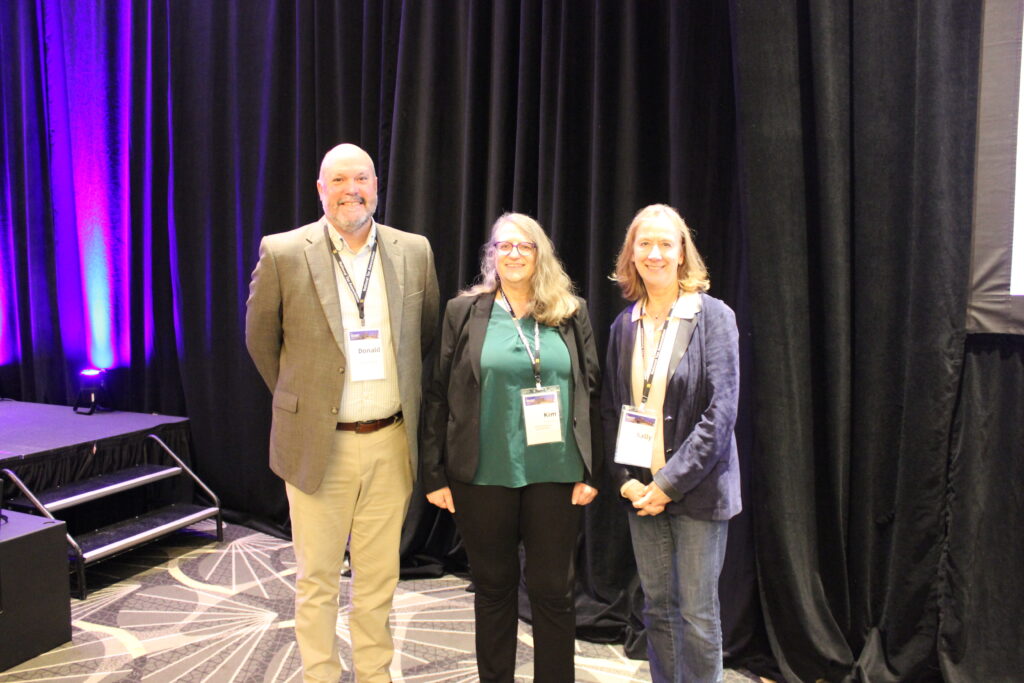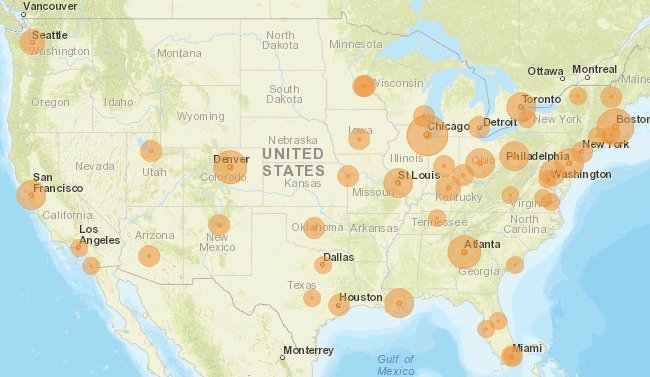
While a carbon tax continues to be politically challenging in the United States, there has been substantial development in carbon taxation across the rest of the world. Many countries are implementing carbon taxes. But how are these policies performing in the real world?
Join us for an online discussion where our experts will tackle the key questions:
- How is the implementation of these policies progressing?
- Are they effective at driving down emissions?
- What are the primary challenges facing policymakers and industries?
This webinar will dive into the latest developments, lessons learned, and outlook for carbon taxes in Canada, Europe, South Africa, and more.
Moderator: Shuting Pomerleau, Director of Energy and Environmental Policy, American Action Forum
Panelists:
- Alexander Mengden, Global Policy Analyst, Tax Foundation
- Dale Beugin, Executive Vice President, Canadian Climate Institute
- Edson Severnini, Associate Professor, Boston College
 |
Alex Mengden is a Policy Analyst at the Tax Foundation, where he focuses on international tax issues and tax policy in Europe. He holds a BA in philosophy and economics from the University of Bayreuth and an MSc in economics from the Ludwig Maximilian University of Munich. Prior to joining the Tax Foundation, Alex tutored classes in public finance for undergraduate students at LMU Munich. He also worked on economic policy research for IREF Europe and previously interned at the Cato Institute, ifo Institute, and the Institute of Economic Affairs. He currently lives in Munich, Germany, and spends his free time cooking, reading, and enjoying the outdoors.
|
 |
Dale Beugin is the Executive Vice President of the Canadian Climate Institute and oversees the Institute’s research. He is an expert in environmental policy and economics. Dale has previously worked as both Executive Director and Research Director of Canada’s Ecofiscal Commission, as an independent consultant providing analysis and advice to governments and organizations across Canada and internationally, and as policy advisor with the National Round Table on the Environment and the Economy. |
 |
I’m an Associate Professor of Economics (with tenure) and Core Faculty of the Schiller Institute for Integrated Science and Society at Boston College, a Research Associate at the National Bureau of Economic Research (NBER), and a Research Fellow at the Institute of Labor Economics (IZA). My research interests lie at the intersection of Energy and Environmental Economics, Economic History, and Labor Economics. My work examines the impacts of the expansion of energy access, pollution, and environmental policy on local development, health outcomes, and firm behavior since the age of electrification. I am also interested on the impacts of climate change on air pollution, electricity generation, infectious disease, and inequality, the effects of economic activity on environmental outcomes, and on racial issues in local labor markets and in higher education. I’m a proud first-generation college student, immigrant, and queer. My pronouns are he/him/his.
|
 |
Shuting Pomerleau is the Director of Energy and Environmental Policy at the American Action Forum. Shuting’s work focuses on energy and environmental policy analysis. Research topics include carbon border adjustments, carbon taxation, climate and trade, the latest developments in energy markets, and electricity markets. Her work has been featured in a wide range of outlets including Bloomberg, Financial Times, and TIME. She has also spoken at many public conferences and events. Prior to joining AAF, Shuting served as the Deputy Director of Climate Policy at the Niskanen Center working on market-based climate change mitigation policies. Previously, she was a business strategy consultant working with senior executives of multinational corporations to advise their business strategies for U.S. and international markets. Shuting holds a master’s degree in public policy from Georgetown University.
|
![National Tax Association [ National Tax Association ]](https://ntanet.org/wp-content/themes/nta-custom/library/images/nta-whitebg-web-top.svg)


![National Tax Association [ NTA ]](https://ntanet.org/wp-content/themes/nta-custom/library/images/nta-white-logo.svg)